The Bicol Organization of Neo-Journalists (BONJour) in partnership with various local media organizations commenced the two-day commemoration of the 15th anniversary of the Ampatuan Massacre, also known as the Maguindanao Massacre, at the Bicol University College of Arts and Letters (BUCAL) amphitheatre on Nov. 22-23.
With the theme, “The Impartial Watchdog Against Election Impunity,” the event highlighted the vital role of journalists in upholding democracy.
On November 23, 2009, 58 people were brutally killed under broad daylight in the town of Ampatuan, Maguindanao. Thirty-two (32) journalists were part of the convoy traveling to file the certificate of candidacy of an opposition candidate running against the politician Datu Andal “Unsay” Ampatuan, Jr., for Maguindanao governorship. This is the single bloodiest crime against journalists in Philippine history.
The members of the powerful clan in the region—Andal Ampatuan Jr. and his brother Zaldy Ampatuan—served as the masterminds of this horrific crime. Them and other accomplices, including senior police officers, were convicted of committing the massacre.
As remembrance to all the fallen victims, the event served as a call for students to champion the truth despite the ongoing threats, harassment, and violence faced by media practitioners, journalists, and campus publications and to persist in their pursuit of truth and justice while serving as unwavering vanguards of truth and defenders of democracy.
Moreover, prominent journalists from respected media organizations imparted their knowledge to aspiring journalists in navigating the complexities of modern journalism amid the rapid rise of threats to press freedom.
In his speech, Reynard “Red” Magtoto, director of the National Union of Journalists of the Philippines (NUJP) Albay Chapter, coordinator at AlterMidya Bicol, and editor of Baretang Bikolnon, highlighted the enduring fight for justice for the victims of the Maguindanao Massacre. Magtoto addressed the essence of remembering the tragedy faced by journalists as a crucial step in preventing similar atrocities.
Meanwhile, Anacito “Cet” Dematera, chairman of the Broadcasting Department and a veteran journalist, tackled The Philippine Media Landscape: A System of Lordship and Challenges. Drawing from his experiences, Dematera put a spotlight on the systemic issues confronting Filipino journalists and shared strategies for addressing sorts of attacks while maintaining integrity in the profession.
On the other hand, Aireen Perol-Jaymalin, vice chairperson of the NUJP Albay Chapter and content and operations head of BicoldotPH, delivered her knowledge on “Watchdog Journalism.” She reminded student journalists of the media’s duty to hold those in power accountable, emphasizing that this responsibility is essential to preserving democracy.
Furthermore, Rhaydz Barcia, president of the Philippine Agricultural Journalists—Bicol Chapter and correspondent for “The Manila Times,” focused on “Election Reporting: To End Impunity.” Barcia pointed out the significance of impartiality in journalism, condemning the endorsement of political candidates as a violation of journalistic ethics.
On the final day of the commemoration, a candlelighting ceremony and a silent march took place across the Bicol University main campus. These acts of paying tribute to the victims of the Maguindanao Massacre reaffirmed the commitment to press freedom. | Hannah Franchezka Boragay, Ma. Rizza Francisco
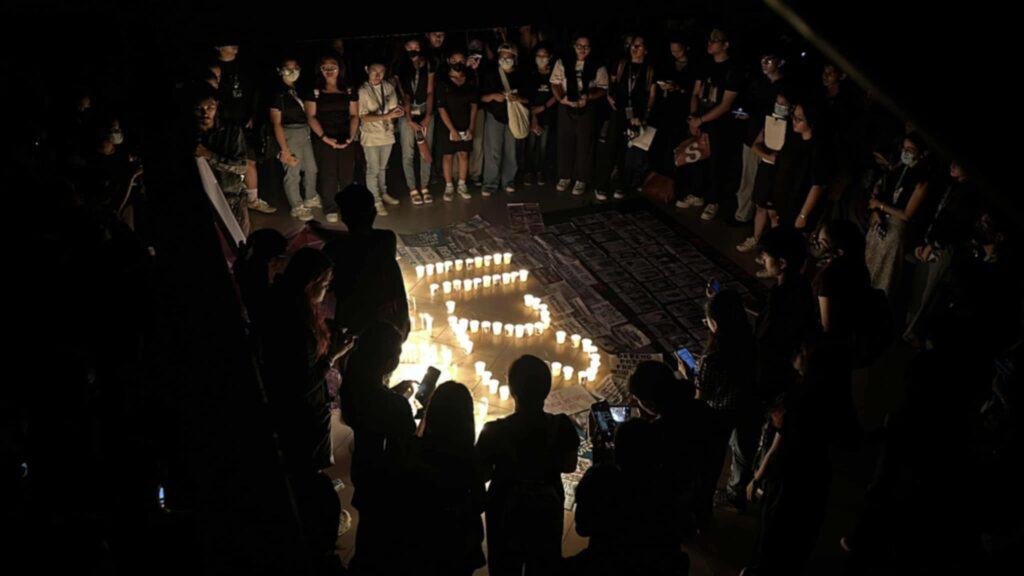
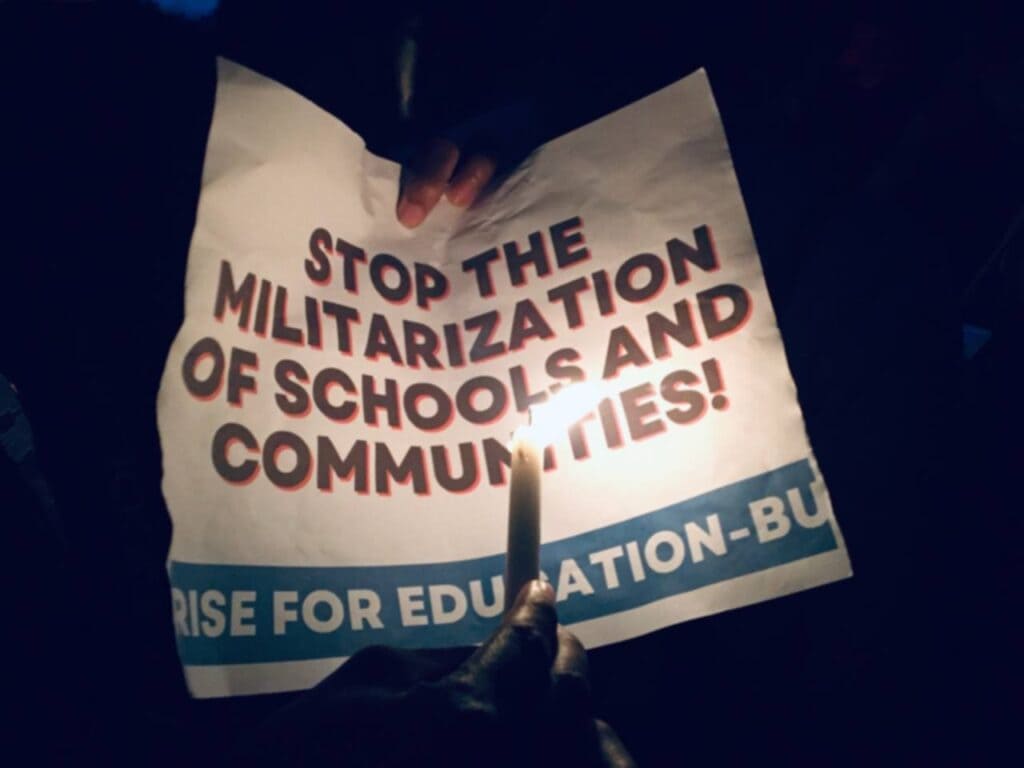
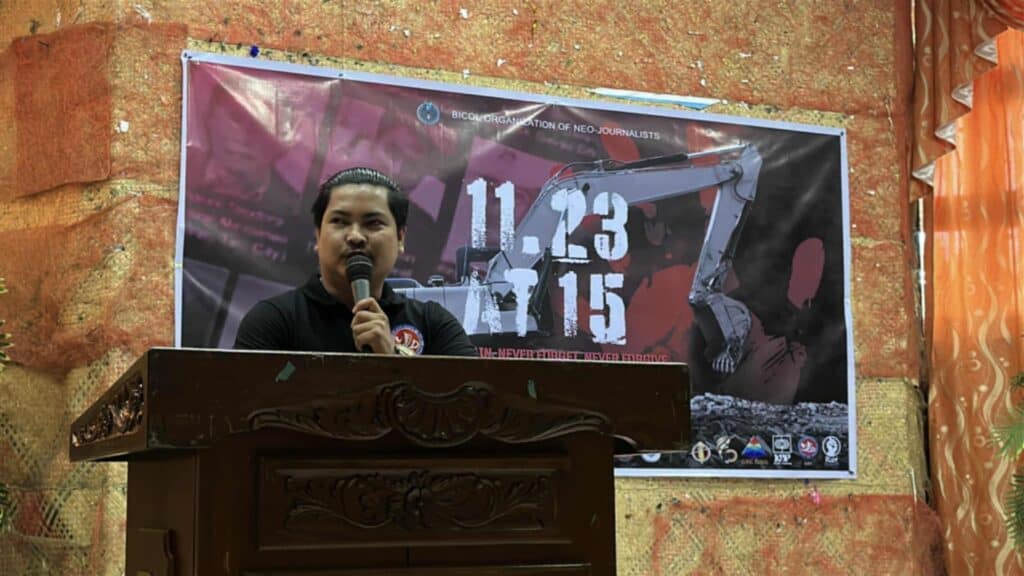
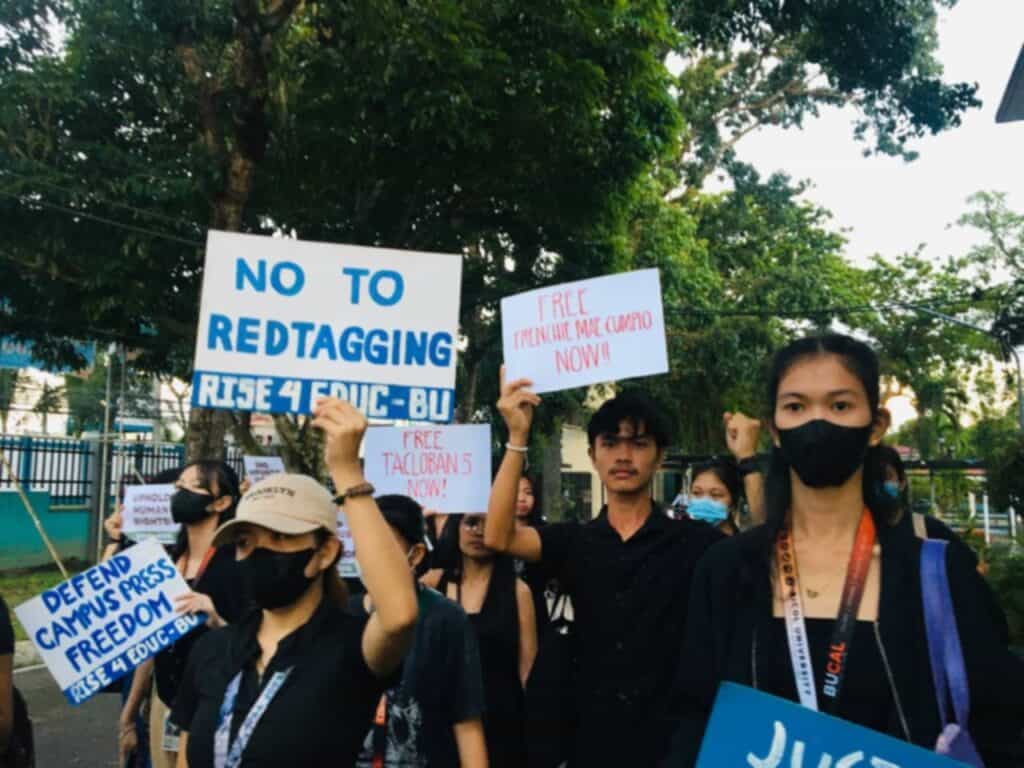

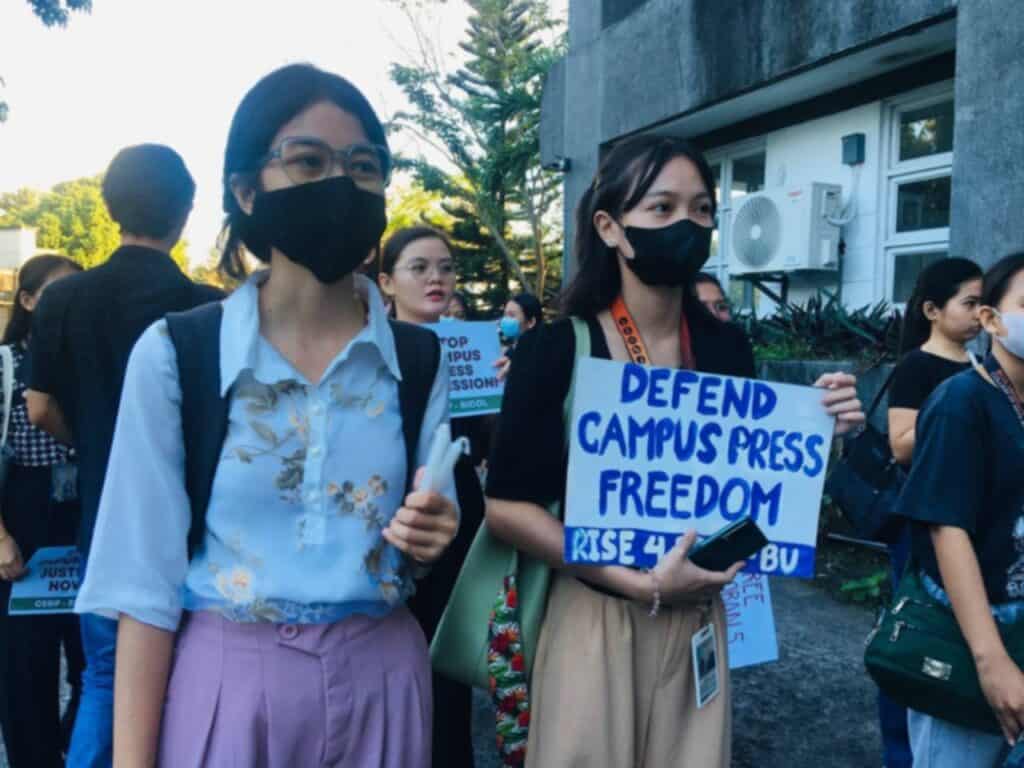
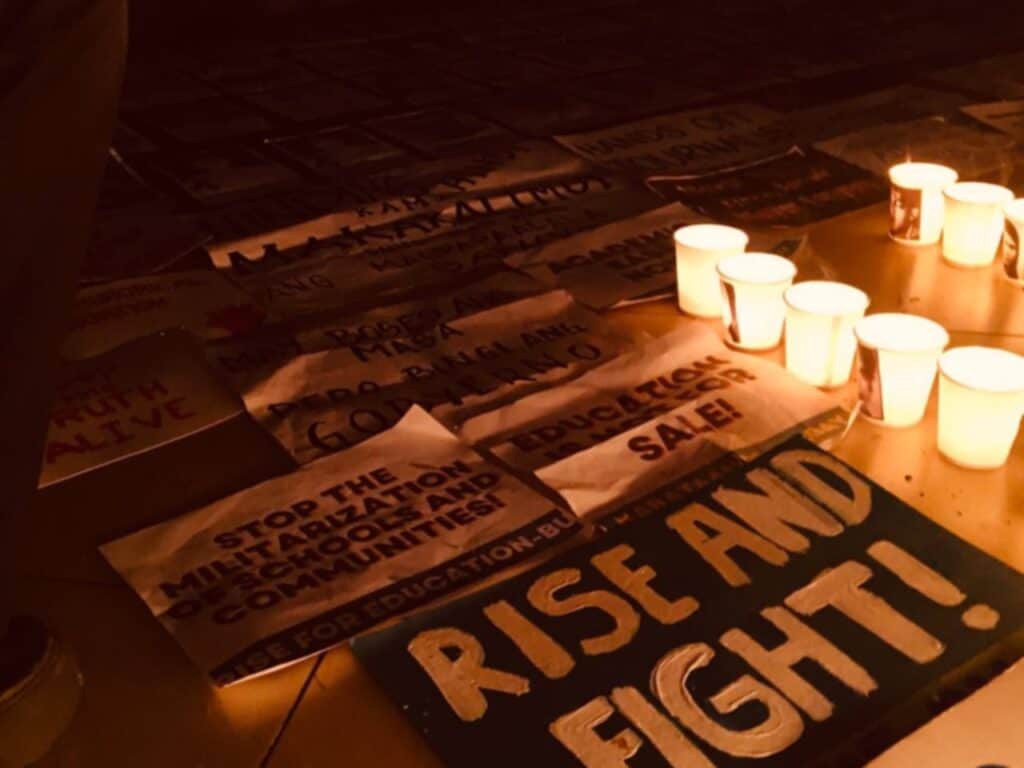
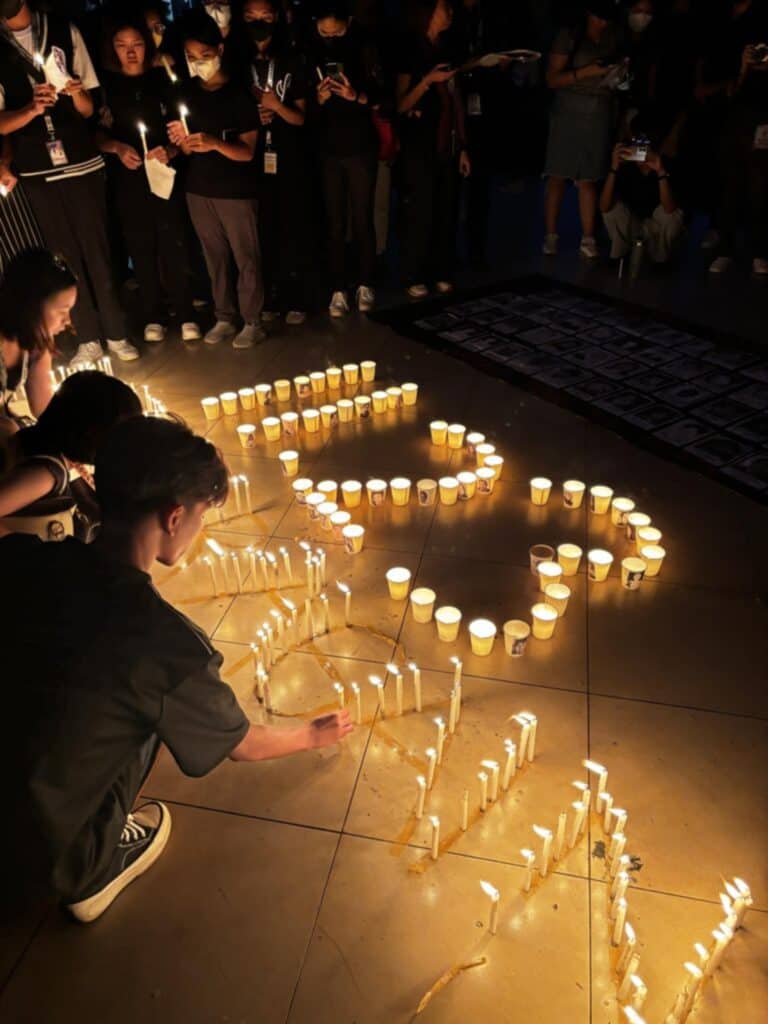
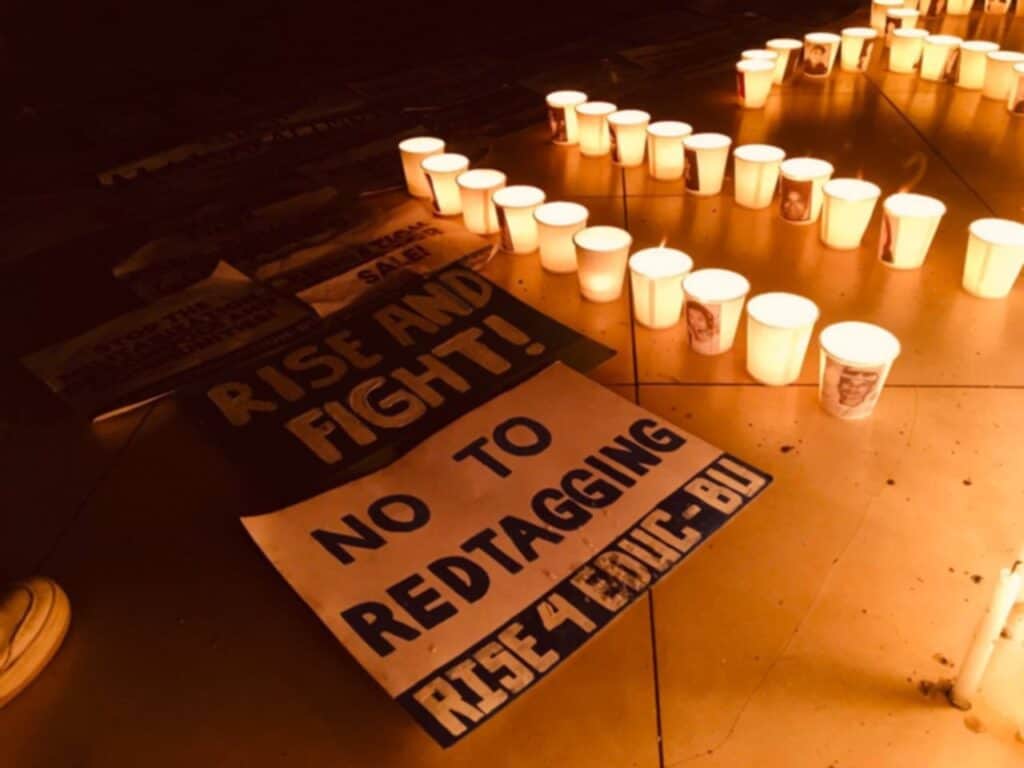
Photos by : Daisy Azores, Jevan Miranda, Geromae de la Fuente
